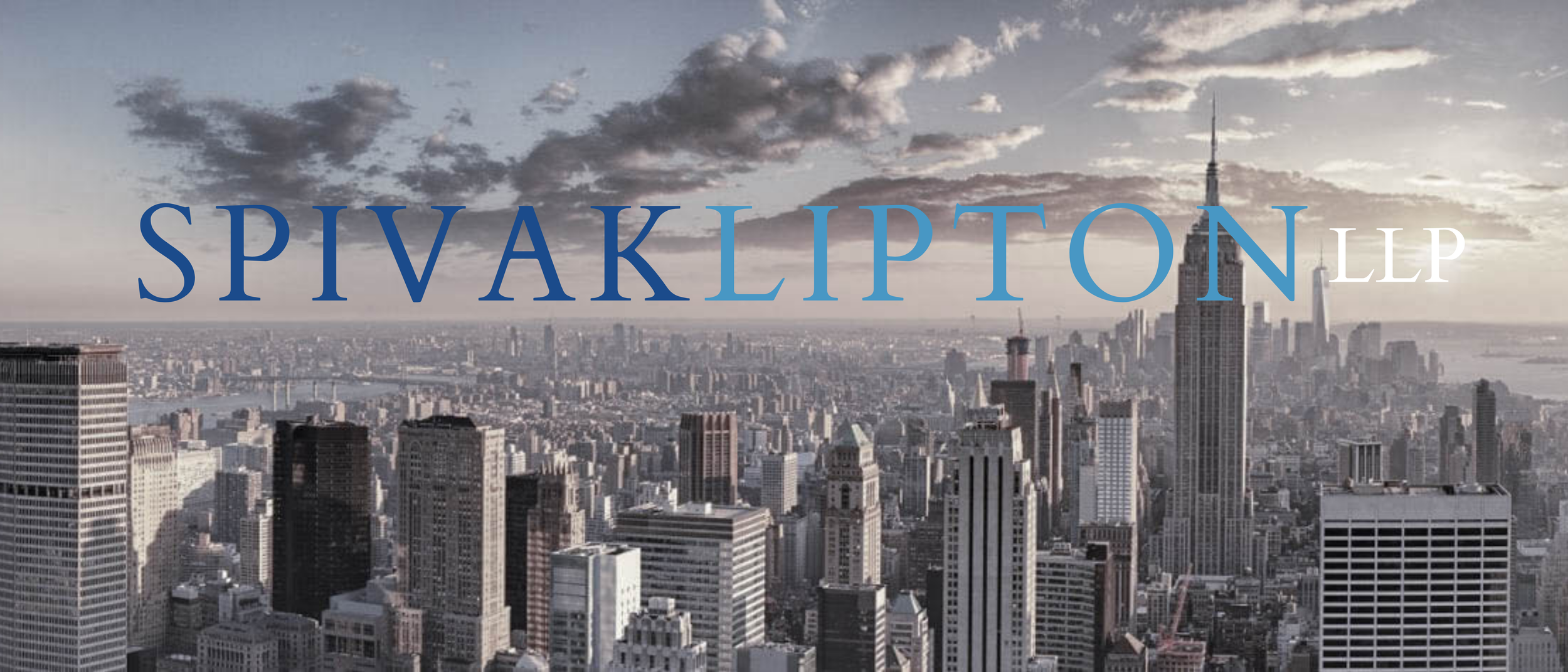On August 23, 2016, the National Labor Relations Board published its decision, Columbia University, holding that student assistants at private universities may form unions and are entitled to the rights and protections afforded to employees under the National Labor Relations Act. This decision overruled a previous Board decision from a case arising out of one of Columbia University’s Ivy League rivals: Brown University. The Brown University decision, from 2004, held that despite the fact that student assistants were paid to perform work by private universities, they were not considered to be “employees” as that term is defined under the NLRA. Therefore, the NLRA did not protect the rights of student assistants to form unions to bargain with their employers over the terms and conditions of their employment.
Fast forward to August 23, when the Board voted 3 to 1 and found that where student assistants have an employment relationship with their university, they are considered to be “employees” under the NLRA. This is true even if those student assistants have an educational relationship with their university as well. The Board noted: “Even when such an economic component may seem comparatively slight, relative to other aspects of the relationship between worker and employer, the payment of compensation, in conjunction with the employer’s control, suffices to establish an employment relationship.”
While supporters of the Brown University decision argued that granting student assistants the right to form a union would harm the educational process, the Board cited examples of successful relationships between student assistant unions and university management at various public universities, where student assistant unions have long been recognized. Based on research of these existing student assistant unions, the Board found no support for contentions that unionization of student assistants would harm the faculty-student relationship or diminish academic freedom. It noted that student assistant unions are generally most concerned with the basic terms and conditions of employment.
As we witness (and participate in!) union organizing drives among employees of colleges and universities across the country, the Columbia University decision is a big win for student assistants looking to secure justice in the workplace. Reach out to Spivak Lipton today with any questions about collective bargaining.







